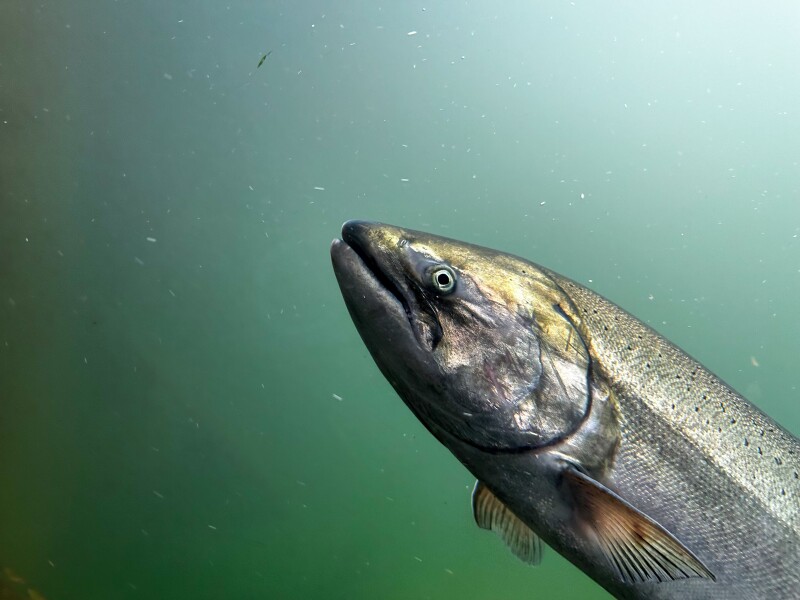The Alaska Department of Fish and Game (ADF&G) has challenged the validity of the January 2024 petition that the Wild Fish Conservancy (WFC) sent to the National Marine Fisheries Service (NMFS), which seeks to list Gulf of Alaska Chinook salmon as threatened or endangered under the Endangered Species Act (ESA) and to designate critical habitat concurrent with the listing.
The NOAA Fisheries website states, “We find that the petition, viewed in the context of information readily available in our files, presents substantial scientific or commercial information indicating that the petitioned action may be warranted.” They also followed the petition with an extended comment period regarding the ESA request. Regarding NMFS's choice to proceed with the 90-day finding on the petition, the ADF&G released a lengthy letter submitted during the comment period through the state of Alaska. The letter was sent to Anne Marie Eich, assistant regional administrator for protected resources at NMFS.
The 264-page letter from ADF&G argues that WFC's claims were flawed and mentions that the petition contains significant factual errors and omissions. It also claims that the petition does not provide substantial or accurate evidence to support the need to list the Gulf of Alaska Chinook as threatened or endangered. The letter adds that the region's salmon are well-managed, and the best available scientific information indicates they do not meet the ESA’s criteria for being listed.
The letter reads, “Through our review of the purported threat factors, as well as an overview of the status and trends of Alaska Chinook populations in a historical context, we show that GOA (Gulf of Alaska) Chinook continue to be well-managed on a sustained yield basis by the State of Alaska.”
Prior to the ADF&G letter, NMFS decided to review the petition further based on factors like missed escapement goals and the decreasing size of mature Chinook salmon. ADF&G further argues that NMFS's decision to issue the 90-day finding was misguided, given the scarcities in the petition. They also further suggest that the standard for initiating a status review should be consistent and not based on incomplete information.
“NMFS should have initiated species status reviews on the very long list of federally managed fisheries that are overfished under NMFS’s responsibility,” reads the letter. “But, of course, NMFS has not used overfished stocks as a benchmark for initiating status reviews in the past, indicative of a double standard being applied here.”
Further, ADF&G requests that NMFS reverse the positive 90-day finding due to the petition's significant inaccuracies and lack of solid evidence, claiming that the only content in the petition is conclusory statements not supported by scientific information.
A further article will be posted on a Q&A with ADF&G Commissioner Doug Vincent-Lang regarding the state’s numerous legal issues.







